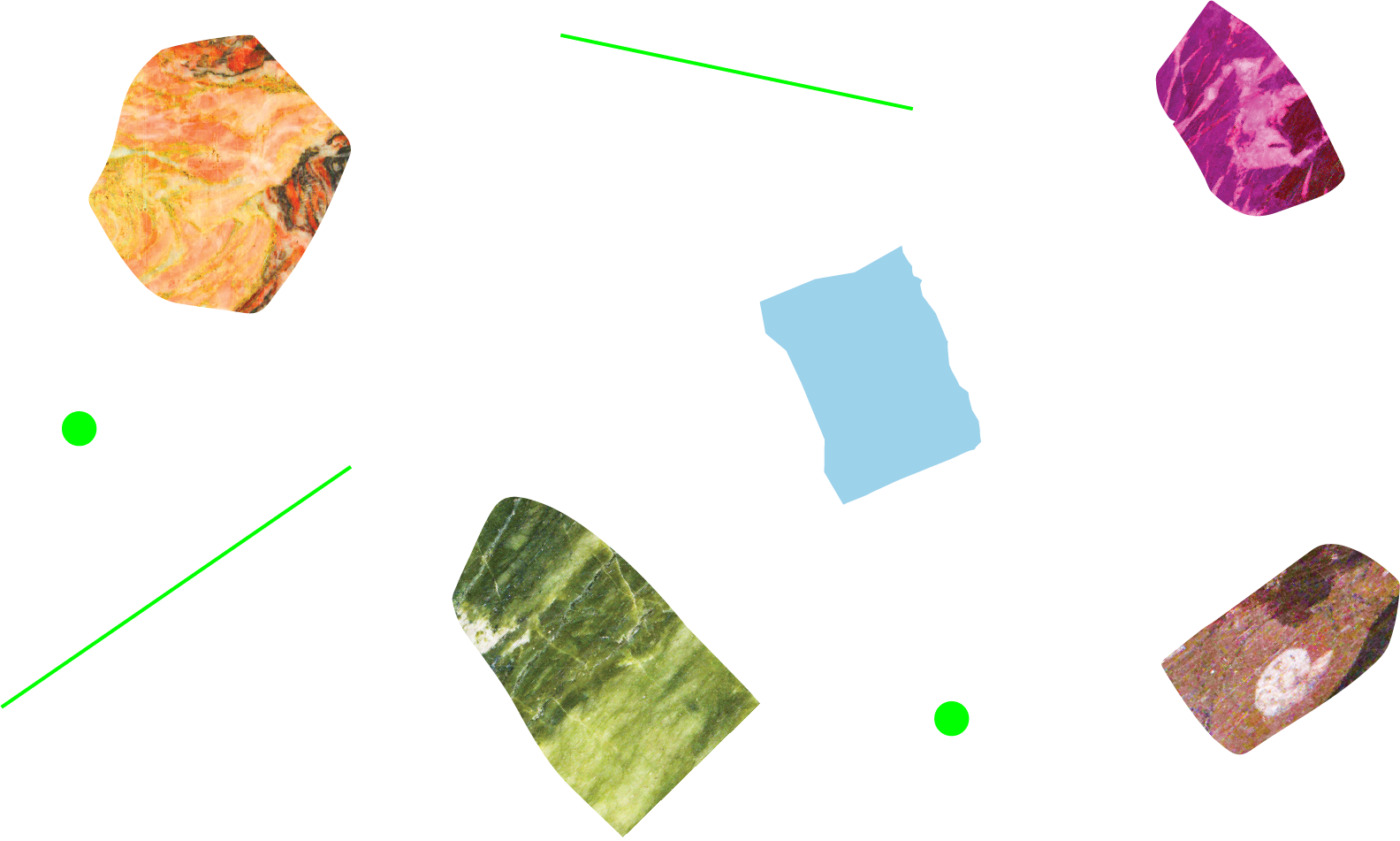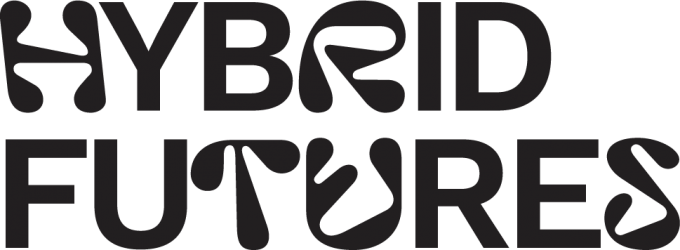In 2023, Collective Futures focused on hearing from invited guests. We received and considered the work of artists and community activists and began to share our personal interpretation of what we are experiencing. Reflection has been a part of our sense-making; combining facts, feelings, interpretations and deciding what all of that means.
From January 2024, the programme shifted from hearing from invited guests to hearing from each other. There were two online sessions in which the collective was invited to air and share emerging thoughts, ideas and actions they may have in response to the question: How might we best respond to the climate crisis? Responses were expected to be formative beginnings of something rather than polished, feasible scopes of work. The response to the structures ‘homework’ demonstrated how deeply some of the content had resonated with members at this formative point:
“For me, the value of Collective Futures lies in the opportunities it provides to hear from people who come from a variety of backgrounds, which are both very different and very similar to mine. It turns out we share the same struggles, but we also unlock new perspectives for each other. I think that’s the best or the only way to grow.”
“My favourite session so far was the one on Regenerative Cultures, especially the models: extractive, sustainable, resilient and regenerative. The word ‘sustainability’ has been everywhere around me – in the name of my team, my job title, our communications and strategies – literally everywhere, with the occasional reference to ‘resilience’ sprinkled in – for the last few years. Discovering the issue of sustainable vs regenerative is fascinating to me, if a little daunting, as it seems to be even more challenging to achieve than the good old sustainability. But then I remind myself that I don’t need to think about it as a corporate strategy, with lots of figures and deadlines. I can just do my best every day of my life and that’s good enough. That helps a lot. I found the idea, discussed at one of the sessions, of ‘contributing to a future world we will never experience’ to be surprisingly calming. I have faith, even though I struggle with uncertainty.”
“That session also reminded me of Debbie Yare’s words from the beginning of the project about the term ‘Ecosystem and services’ being extractive which again I found to be an interesting perspective which I’d never thought about, but which I agree with.”
“Collective Future has positively impacted my life in a very practical sense. I am fortunate to live in a residential area where most neighbours know each other, and we communicate regularly on a group chat. We discuss new ideas and initiatives, baby and cat sit for each other, and meet up for barbecues, film nights, and to celebrate birthdays or other occasions. I mentioned this project when we talked about work one day, and they sounded intrigued – a few of them are passionate about the environment. We watched the short film about POWER together and I also shared with them the story that Gemma shared at the Resonant Objects session, about the polluted river which caused lots of issues in her area (leaving out any personal details). This sparked another discussion, a wider one, about sustainability and ‘green’ initiatives, and prompted an old idea to resurface – to transform a small bit of a green space we’ve got between two of the buildings, into a community garden. Everyone offered to contribute, and it turned out we’ve already got all the resources we need in terms of tools, seeds, etc., from people’s balcony gardens (including a 2-ton bag of soil which our neighbour has somehow been storing on his balcony since last summer). We got permission from the facilities management (which I thought would be much trickier), and we’ll set the project in motion as soon as spring begins.”
“We’ve not even started yet, but even just the preparation has filled me with so much joy. It brought me back to myself in the sense that it touched and awakened my deep need to connect (with others but even more with the environment around me) and nurture, which led me to this place in my life – and ultimately Collective Futures – in the first place. Just like everything in nature, we have come full circle.”
The experience of Collective Futures to date had given the collective some new ways to think about their work and/or working practices. We sought to unlock these individual and shared responses more deeply in 2024 with sessions facilitated by Charlotte and Alia from Support Squad, sharing emergent projects and ideas we wanted to make and beginning to think about the role we might naturally lean into as a facilitator or driver of change.

